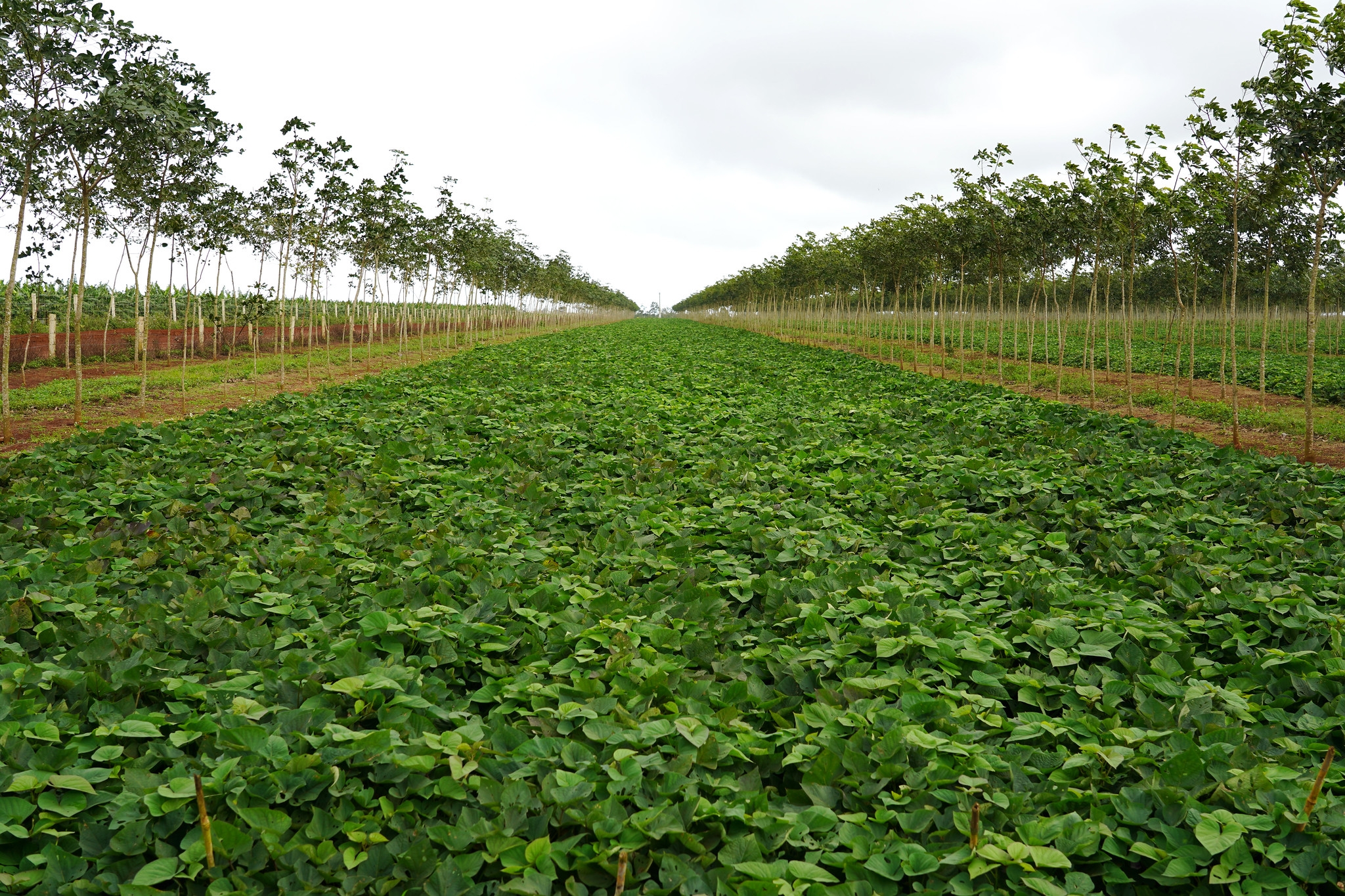
This project aims to improve compliance with Codex pesticide maximum residue limits (MRLs) in participating Latin American countries through the combined use of conventional pesticides with biopesticides, ensuring growers have access to key export markets. In particular, the project aims to increase regional collaboration and technical capacity to generate, evaluate and take actions based on pesticide residue data. The project is designed to resolve MRL-related trade concerns by: i) contributing to the operationalization of a regional research and training centre on pesticide residues and biopesticides, ii) supporting countries to take steps towards regional biopesticide regulatory harmonization, iii) producing residue data and improving knowledge on how to interpret the resulting data (residue mitigation studies), iv) setting up a regional strategy to improve the supply of plant protection products for minor crops, and v) developing a grower outreach program to promote the use of biopesticides. The project would complement two other ongoing projects in the SADC region (STDF/PG/694) and the Asia-Pacific region (STDF/PG/634), generating additional data and evidence on the use of biopesticide to mitigate pesticide residue.